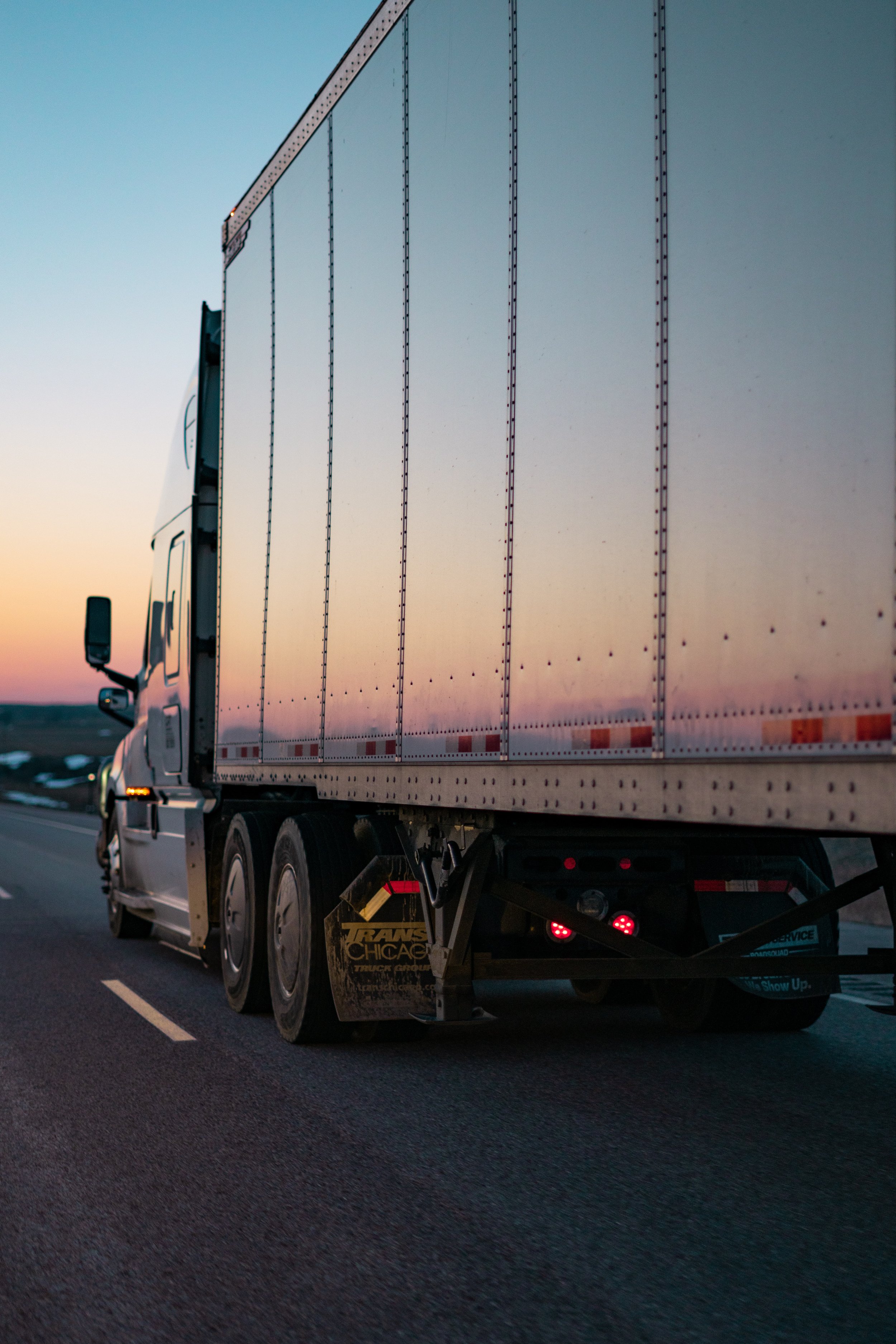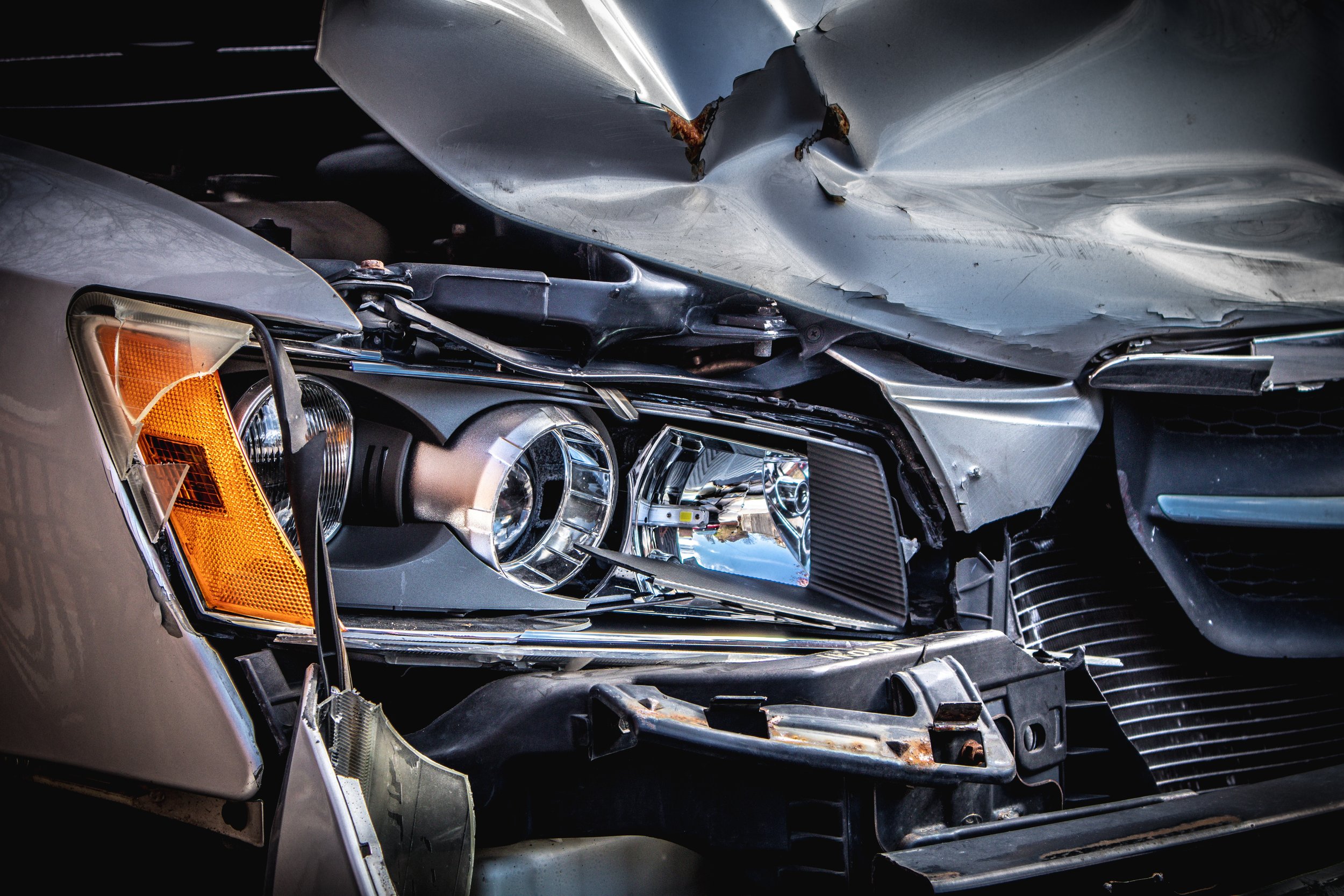During my seven years at Reuters I dove into corporate strategy across a range of industries, including real estate, insurance, consumer goods, industrials and chemicals. I analyzed thousands of data points, investigated legal, investment and M&A strategies, dissected earnings statements and picked the brains of executives at some of the world’s largest companies.
But I am most proud of my work covering the monumental transformation of the global auto and transportation industry towards an electric, zero-emissions future. I analyzed efforts to decarbonize the sprawling automotive supply chain, satisfy the growing need for battery raw materials, and build out effective EV charging networks - all while remaining commercially viable and cost-competitive.
Talking to Fortune-500 executives, startup founders, investors, researchers and regulators allowed me to gain a comprehensive perspective on some of the most complex environmental challenges.
Below is a selection of my favorite stories.
Research & Journalism

Logistics giants hedge their bets in uncertain U.S. self-driving truck race
Private investors have so far poured nearly $9 billion into U.S. self-driving trucking companies. But the technology by the startups is far from ready for prime time - and neither are their biggest customers.

New auto safety technology leaves insurers in the dark
Automakers include novel sensor technology in a growing share of new vehicles, touting their crash avoidance capabilities while reaping high margins. But insurers, whose policy rates would have to reflect any safety increases, have yet to be convinced about the benefits of crash avoidance systems.

How free-wheeling Texas became the self-driving trucking industry’s promised land
Driverless big rigs could drive down Texas public highways as soon as 2023, earlier than anywhere else in the world. The state’s hands-off regulatory environment and a burgeoning consumer market have drawn self-driving trucking companies to the Lone Star state.

How the Jeep hack forced automotive suppliers to step up their cybersecurity game
Automotive suppliers operating on slim profit margins are often considered the weakest link in the cybersecurity supply chain. The industry learned that hard lesson when researchers remotely hacked a Jeep Cherokee in 2015. But automotive security poses yet unsolved challenges, including how to support software that will be in use for decades and frequently cannot be updated over the air.